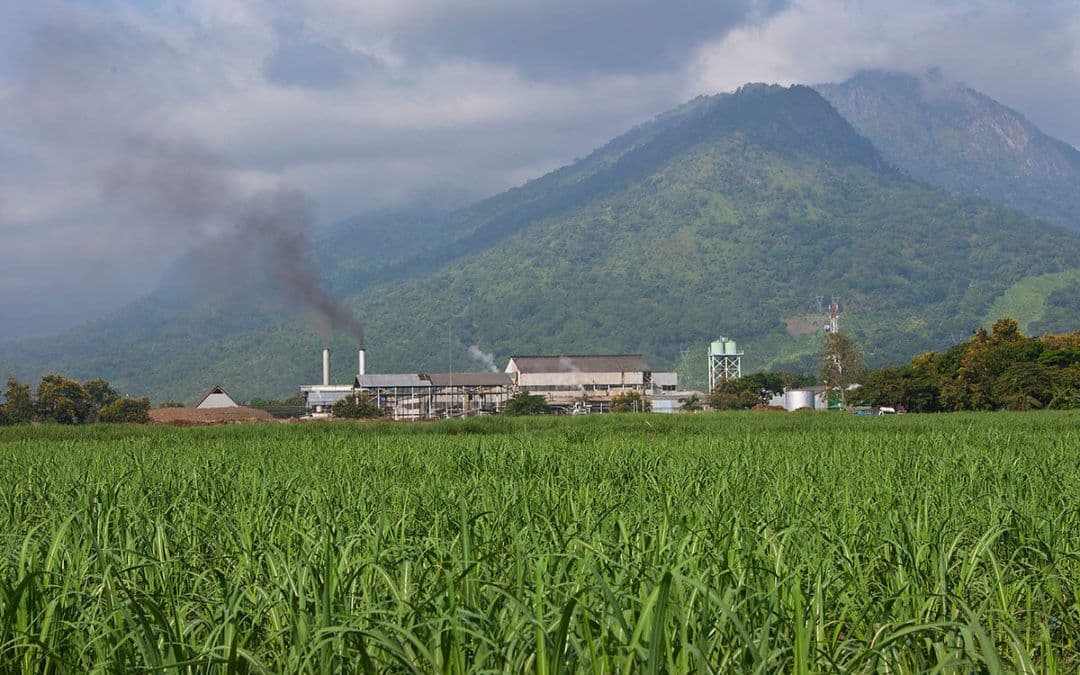
Charity Afeti
Research Assistant
Commodities


Charity Afeti
Research Assistant
Since November last year, Tanzania has been grappling with a sugar shortage that has seen a rise in the price of the commodity. El Nino weather patterns that began in the fourth quarter of 2023 brought heavy rains, disrupting sugar milling activities. Millers faced challenges in harvesting and transporting sugarcane due to flooded farms and impassable, muddy roads. Additionally, excessive water led to a decrease in the sucrose content of the cane, causing a significant reduction in daily sugar output at major factories.
The situation has raised concerns among citizens and policymakers alike. In response to the crisis, Tanzania has implemented various measures, including allowing world market duty-free sugar imports, setting price caps, and warning traders against arbitrary price hikes. Let's delve into the details of these developments and explore their potential impact on the sugar market and the economy.
Tanzania’s Kagera Sugar to acquire South Africa's Tongaat
Allowing duty-free sugar imports:
The Tanzanian government has taken a proactive step to tackle the sugar shortage by doubling sugar imports from the initial 50,000 tons to 100,000 tons. The state issued import licenses for about 100,000 tons of duty-free world market brown sugar for Jan-Feb arrival. The move aims to meet the growing demand for sugar in the country and stabilize prices. By increasing imports, the government hopes to bridge the gap between supply and demand, ensuring consumers can access this essential commodity at reasonable prices.
Setting price caps:
Another significant development in the effort to curb the rising sugar prices is the setting of indicative prices by Tanzanian authorities. The price of a kilogram of sugar has more than doubled from about USD 1.06 and USD 1.18 in November to currently between USD 1.57 and USD 1.96. Tanzanian authorities have moved to cap the minimum and maximum prices for a kilogram of brown sugar at USD 1.10 - USD 1.26. At the same time, the wholesale sugar price range was capped between USD 1.02 and USD 1.10.
Price caps serve as guidelines for the industry, providing a reference point to prevent unjustified spikes in the price of a commodity. This measure is designed to create a transparent pricing structure, ensuring that consumers are not exploited during times of shortage. The government aims to create a fair and competitive market for sugar by setting a price limit.
Warning traders against arbitrary price hikes:
SBT issued stern warnings to traders, cautioning them against unreasonable hikes in sugar prices. This move is intended to deter hoarding and profiteering practices that can worsen the situation. By putting traders on notice, the government aims to maintain price stability and protect consumers from unfair increases. This regulatory approach seeks to ensure that market forces operate within reasonable bounds and, at the same time, aims to guarantee the efficient functioning of the sugar supply chain.